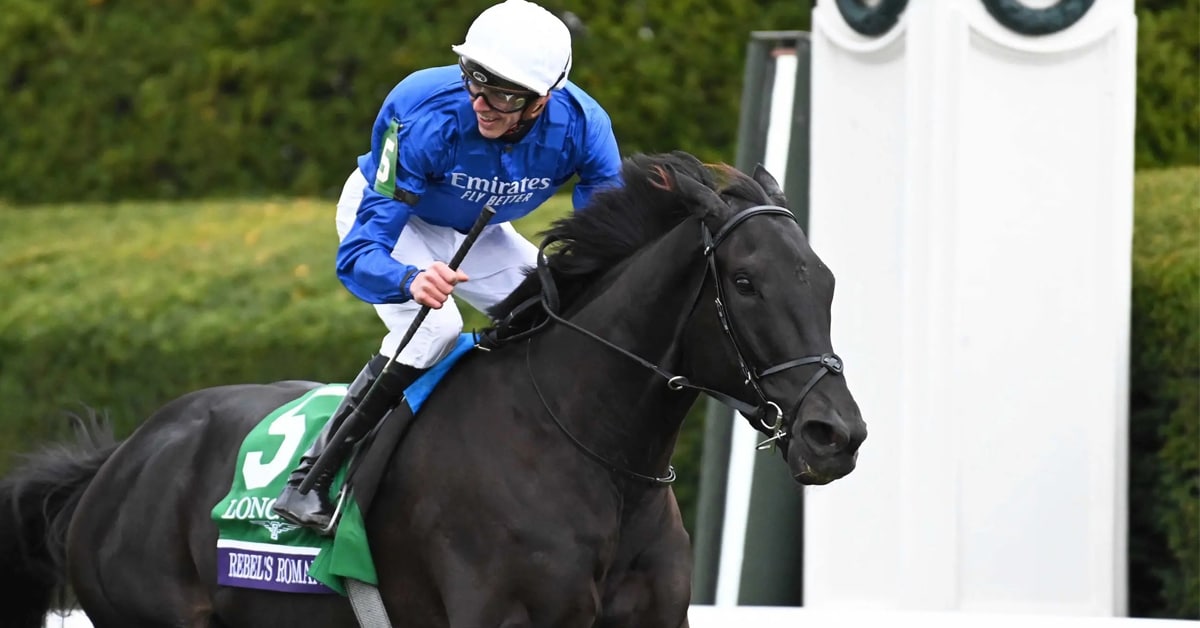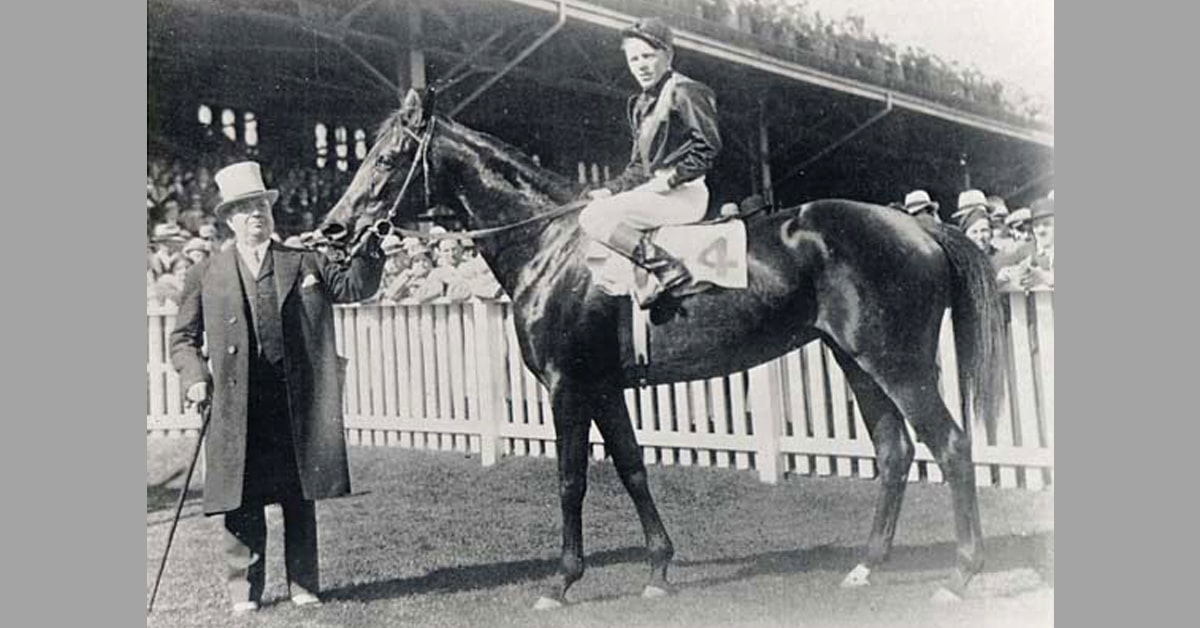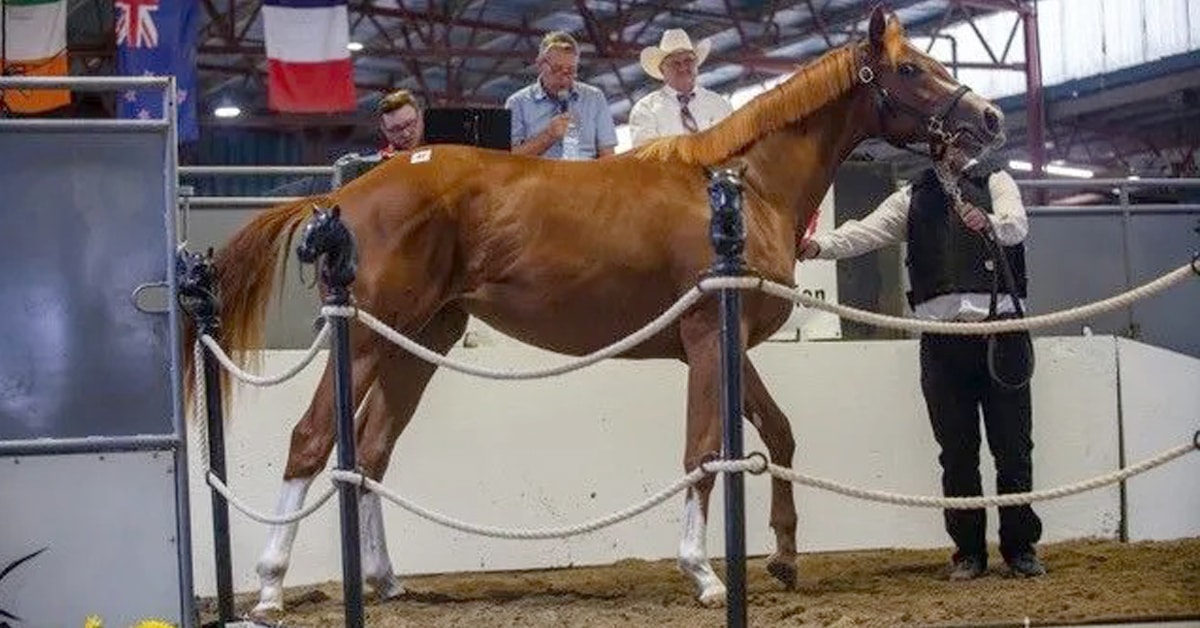There has been a report of EHV-1 in a five-year-old Thoroughbred filly residing in Barn 10 at Woodbine Racetrack. The horse showed neurological signs on Thursday March 13th, but did not have a fever. The horse was removed from Woodbine to isolation on Saturday March 15th. The horse’s condition is stable.
Results from tests available March 18th showed non-neurotropic EHV-1 in blood, but not nasal secretions. This is an unusual testing result and the horse has been retested. The risk of transmission to other horses may be low, as the infection is spread by nasal secretions. There have been no reports of any other sick horses in barn 10. Sporadic incidents of infection occur not infrequently and can be isolated incidents.
The non-neurotropic form of EHV-1 identified from this horse differs from the neurotropic form identified from thoroughbreds at Woodbine in June of last year. Although the both types of EHV-1 can cause neurological disease the non-neurotropic strain is thought to be less likely to do so. EHV-1 has an incubation period of approximately 3 to 8 days, and may in some cases be as long as 14 days.
Given these facts, the following measures will be in place, effective immediately:
• All horses must have their temperatures taken twice daily. Trainers with horses that have clinical signs consistent with EHV-1 infection (including fever (101.5 F/38.5 C or above), respiratory signs (cough, nasal discharge and/or neurological signs) must report these findings to their veterinarian immediately;
• Horses from Barn 10 will be allowed to train at the end of training hours;
• Only ponies housed in Barn 10 will be allowed to pony horses in Barn 10;
Horse people are reminded to remain vigilant and institute appropriate biosecurity measures and should consult their veterinarians for advice.
Standardbred horses are not stabled at Woodbine Racetrack. As well, the Standardbred racing meet at Woodbine will not be impacted by these measures.
To ensure best practices are in place to contain the disease, the ORC received input from experts from the University of Guelph and University of California at Davis, the office of the Ontario Ministry of Agriculture and Food (OMAF). The ORC will also continue to work closely with Woodbine management, veterinarians and horse people.
The ORC will monitor the situation and any further developments will be reported.
More from Canadian Thoroughbred:





